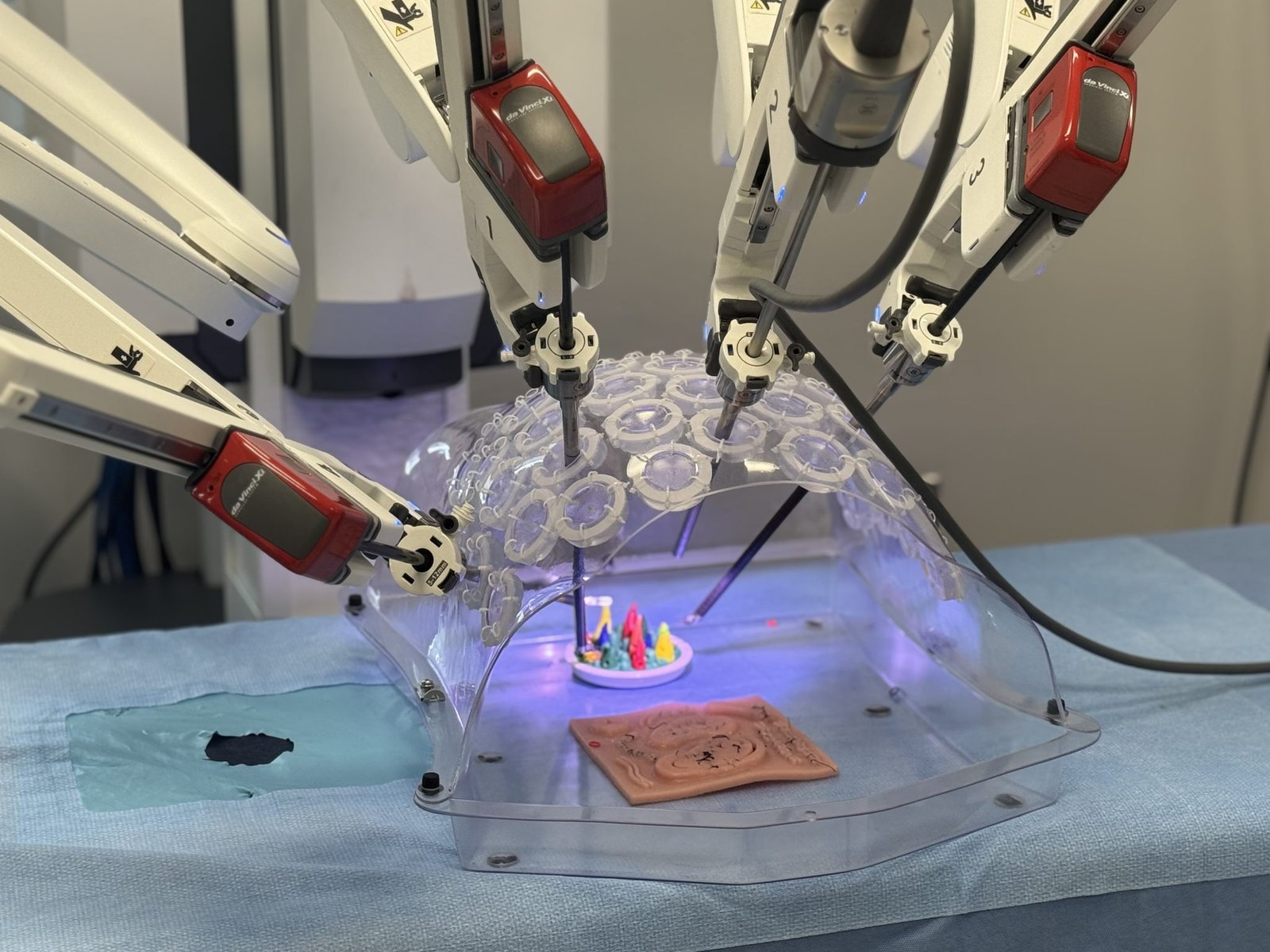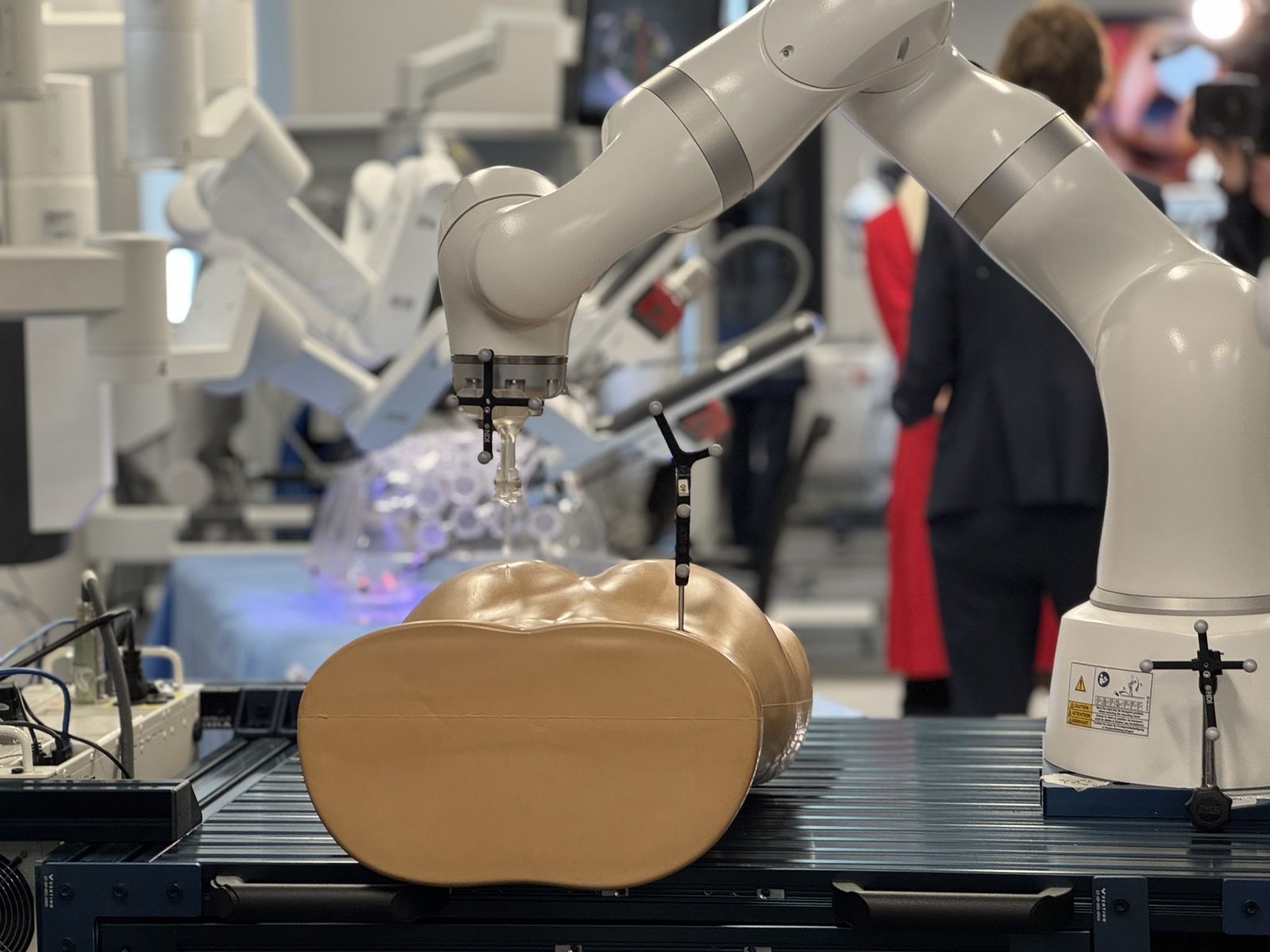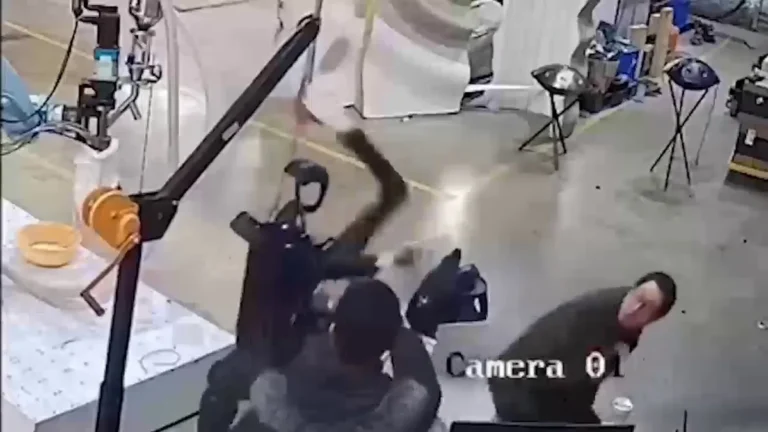Surgical Innovation: How a Montreal Center is Revolutionizing Medicine with Robotics and Artificial Intelligence
At the heart of the Montreal General Hospital, a team of scientists, doctors, and engineers are leading an innovative transformation in modern medicine. Through the new Surgical Performance Enhancement and Robotic Center (SUPER), cutting-edge technologies are being developed that combine robotics and artificial intelligence to make surgical interventions less invasive, personalized, safer, and more efficient.
The Future of Surgery is Already Here
The projects underway at SUPER are already taking their first steps toward a new surgical era. According to researchers, the systems in development aim to enhance traditional surgical procedures, such as repairing broken bones, removing tumors, and techniques used in surgical oncology, neurosurgery, ophthalmology, cardiovascular and abdominal surgery. What sets SUPER apart is its commitment to next generation surgical robots and AI-powered tools that provide surgeons with unprecedented possibilities for AI surgery.
Robots That Expand Human Abilities

One of the center’s key research areas focuses on enabling surgeons to access hard-to-reach areas of the body due to their anatomical complexity and the limits of human hand dexterity. This includes sensitive regions like the heart, brain, neck, and lungs. Robotic technology offers greater precision, stability, and control, significantly improving clinical outcomes.
These advances represent a major leap forward, not just because of their technical sophistication, but because they provide a unique opportunity to intervene before it’s too late. “We’re looking toward the next phase of surgical transformation: even less invasive techniques, with smaller, cheaper, and more accessible robots,” explains a center spokesperson.
Artificial Intelligence at the Service of Medicine
One of SUPER’s flagship technologies is the Da Vinci surgical system, a robotic platform that allows surgeons to perform operations with extreme precision through remote control. However, the center’s innovation isn’t limited to hardware, its most disruptive breakthroughs are within its innovative software.
Using AI-based applications, SUPER researchers are integrating advanced computer vision and predictive analytics into AI surgery. For example, they’re developing systems that improve tumor margin visualization for more precise removal, as well as surgical navigation tools that help accurately identify the area to be treated.
Will Robots Replace Surgeons?
A common concern when discussing robotic surgery is whether machines will eventually replace medical professionals. On this point, SUPER researchers are clear, full automation is still a long way off. However this human-machine collaboration creates a powerful synergy. Surgeons retain control and clinical judgment, while robots and AI provide support tools to improve precision, reduce risks, and shorten recovery times.
Over 15 Projects in Development
During a recent open house, SUPER showcased five of its most advanced projects, with at least ten more currently in development. Each one focuses on a specific medical specialty and uses robotics and AI in innovative ways.
From assisted orthopedic surgery systems to tools supporting ocular and neurological procedures, the common goal is clear: improving patient outcomes through state-of-the-art technology.

Montreal as a National Leader
The long term vision of SUPER is quite ambitious : to become the leading hub for surgical robotics and clinical AI in northeastern North America—and the top center in all of Canada. With its unique combination of interdisciplinary talent, cutting-edge infrastructure, and patient-centered approach, it’s well-positioned to achieve this goal.
Medical robotics and AI are already redefining what’s possible in the operating room. With centers like SUPER at the forefront, the future of medicine is shaping up to be more precise, safer, and more human—thanks to the intelligent integration of technology.
Conclusion
SUPER’s work not only marks a milestone in medical technology but also represents a cultural shift in how we understand medicine and surgery. Rather than replacing humans, robotics and AI in this context aim to enhance the ability of healthcare professionals, making surgery more effective, safer, and personalized.
As more hospitals and medical centers join this revolution, we’re likely to see a profound impact not just on medical procedures but on patients’ overall well-being. In a world where technology advances at a rapid pace, medicine isn’t being left behind. Montreal is proving that the future of surgery is no longer science fiction but a reality being developed today.


